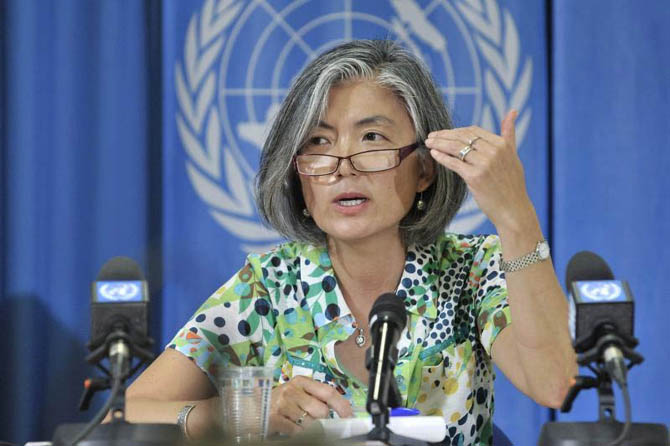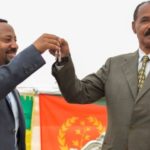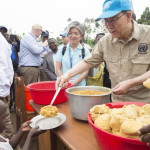The United Nations Assistant Secretary-General for Humanitarian Affairs and Deputy Emergency Relief Coordinator, Ms. Kyung-wha Kang, wrapped up a three-day visit to Eritrea today.
During the visit she noted the growing opportunities for engagement between the Government and UN partners and fruitful collaboration in implementing the Strategic Partnerships Cooperation Framework (SPCF) 2013-2016.
According to a January 27 release by the UN Office of Coordination of Humanitarian Affairs (OCHA) in Eastern Africa and the Horn, ASG Kang also reiterated the readiness of United Nations development and humanitarian actors to work together with the Government towards the speedy conclusion of the SPCF for 2017-2020.
During her visit, ASG Kang met with Osman Saleh, Minister for Foreign Affairs; Yemane Gebreab, Head of Political Affairs of the People’s Front for Democracy and Justice and Presidential Advisor; Yemane Gebremeskel, Minister for Information; Arfaine Berhe, Minister of Agriculture; Ms. Amna Nurhusein, Minister of Health; Semere Russom, Minister of Education and Kahsay Gerehiwet, Minister of Labour and Human Welfare. She also met with humanitarian, development and donor representatives.
The discussion dealt with the full range of challenges facing Eritrea, including human rights and the implementation of Universal Periodic Review recommendations (UPR), and the role of the United Nations and international actors in support of Government endeavours to meet basic needs and build the resilience of the most vulnerable communities in the country.
Together with the Minister of Health, Ms. Kang visited Serejeka and Gashnashm in the Maekel region, where she visited Government-led nutrition and basic health programmes that help thousands of children and mothers with the support of UN agencies.
“Programmes that provide supplementary feeding, immunization and nutrition surveillance are vital to reducing malnutrition and building resilience,” said ASG Kang adding: “Eritrea has made significant progress in improving child and maternal health, and I urge partners to continue supporting national and international efforts.”








